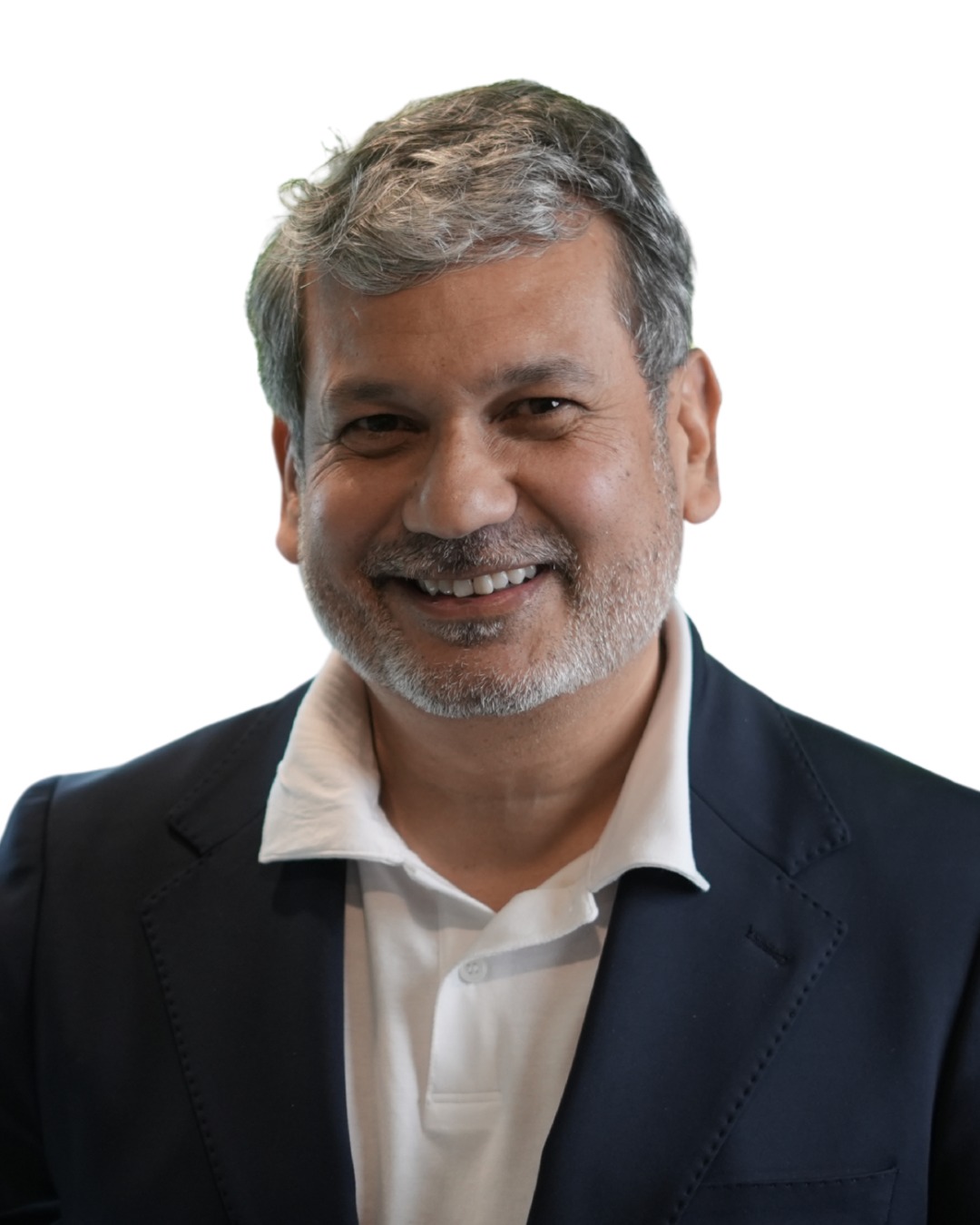TMS treatment was initially offered in 1985, and it was founded on ideas established more than a century before by the Faraday experiment, which showed that electricity could produce a magnetic field in 1881. While the effects of an external electric current on the brain have been extensively studied in the past, forming the foundation for ECT, transcranial stimulation treatment for depression was a step in a new direction, eliciting a similar change in the brain without memory loss, induced seizures, or the need for muscle relaxants and anesthesia.
TMS treatment and dTMS/rTMS include sending magnetic waves via the scalp into a part of the brain over the course of around 30-minute sessions, many times per week, based on earlier studies regarding deep brain stimulation and the effects of magnetic waves on the brain. Fluctuating or changing magnetic fields cause changes in the brain’s neurons.
What are the effects of TMS treatment on the Brain?
TMS treatment’s specific processes aren’t totally known. When the research initially began, considerable effects were seen, but the mechanism of action was unknown. Following extensive research, two possible theories are now widely acknowledged as valid explanations. One is that the magnetic waves used in TMS treatment disrupt and change particular neural circuits in the brain, reducing depression and ‘normalizing’ a person’s mood.
To be more precise, brain imaging technology has helped us get a better knowledge of how the brain is structured and how different areas of the brain interact with one another to control everything from autonomous systems to emotions, ideas, and motivation.
Such thoughts and notions are related to connections between regions of the prefrontal cortex and the hypothalamus, and these connections also go back to the amygdala, sometimes known as the ‘lizard brain,’ via which we perceive dangers in split-second decision-making.
TMS treatment has been shown to be successful in the treatment of treatment-resistant depression, which is defined as depression that has been treated with at least four different antidepressant medicines from two distinct categories.
How Is Transcranial Magnetic Stimulation (TMS) Used to Treat Depression?
TMS Treatment for Depression now entails arranging multiple sessions per week for a total of roughly 20-30 sessions over the course of 4-6 weeks. TMS has a long-lasting effect thanks to the fact that it is applied repeatedly. Each session lasts around half an hour or less, with the first session dedicated to mapping out the precise area of the brain that will be treated.
The physical feeling of the magnetic waves traveling through the scalp may cause headaches in certain people. A tapping or tingling feeling has been described as this experience. After each session, patients are free to return to work or go home. After the treatment, it is okay to drive home.
What Are the Repercussions of TMS Treatment?
TMS treatment for depression, unlike antidepressant drugs, has no long-term systemic consequences, such as weight gain or sexual dysfunction, as a result of its use. Headaches, scalp pain, and transient facial muscle spasms are the most common TMS adverse effects. Except for brief headaches, these side effects are uncommon and usually subside after a few therapy sessions. If the headaches do not go away, the doctor may prescribe an over-the-counter pain reliever.
TMS Treatment for Depression has no long-term negative effects and requires just a few extra precautions. TMS treatment cannot be used to treat patients who have sensitive brain stimulation devices in their scalp, head, or neck, or patients who have other metal items in their neck or head as a consequence of reconstructive surgery or other treatments, due to the use of magnetic waves.
Dental braces and most fillings are usually fine, but it’s always a good idea to talk to a doctor about your medical history before starting TMS treatment to make sure you don’t have anything in or around your head that might interfere with the device’s magnetic waves to heal depression through TMS treatment.
Also, Read this: 10 Factors to Consider When Finding a Psychiatrist in Delhi
Dr. Anuranjan Bist stands as a pioneering figure in the field of mental health, seamlessly blending traditional psychiatric methods with holistic wellness practices. With a profound understanding of the human mind and body, Dr. Bist has redefined therapeutic approaches by integrating Transcranial Magnetic Stimulation (TMS) and Ketamine therapy with ancient yoga techniques, showcasing his innovative spirit and dedication to comprehensive care.


Leave feedback about this